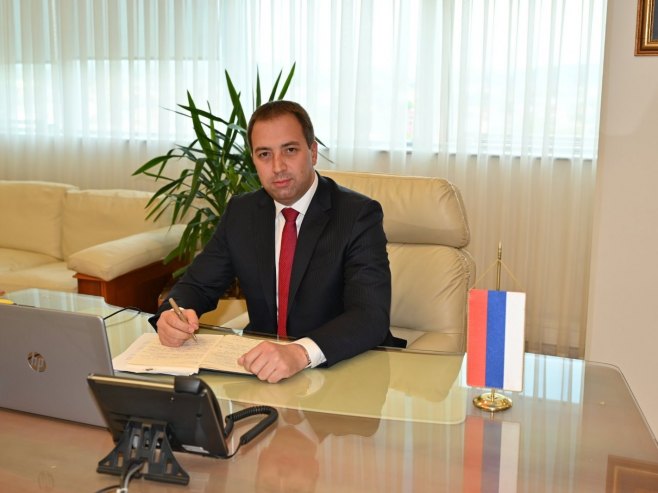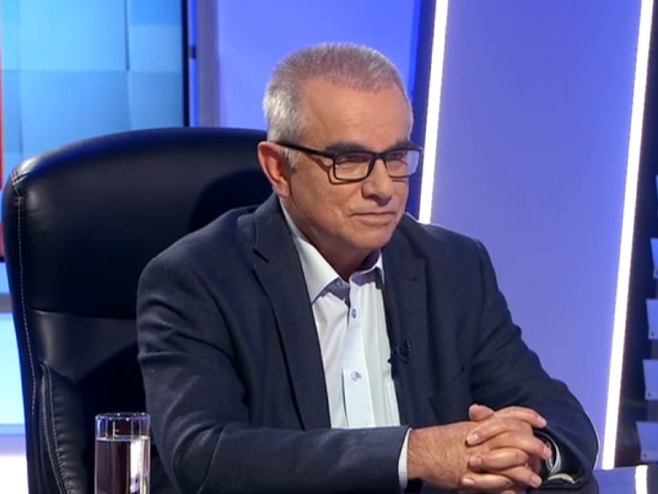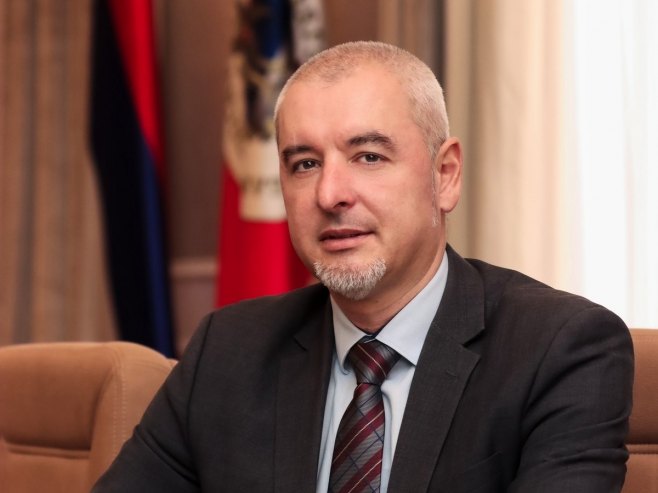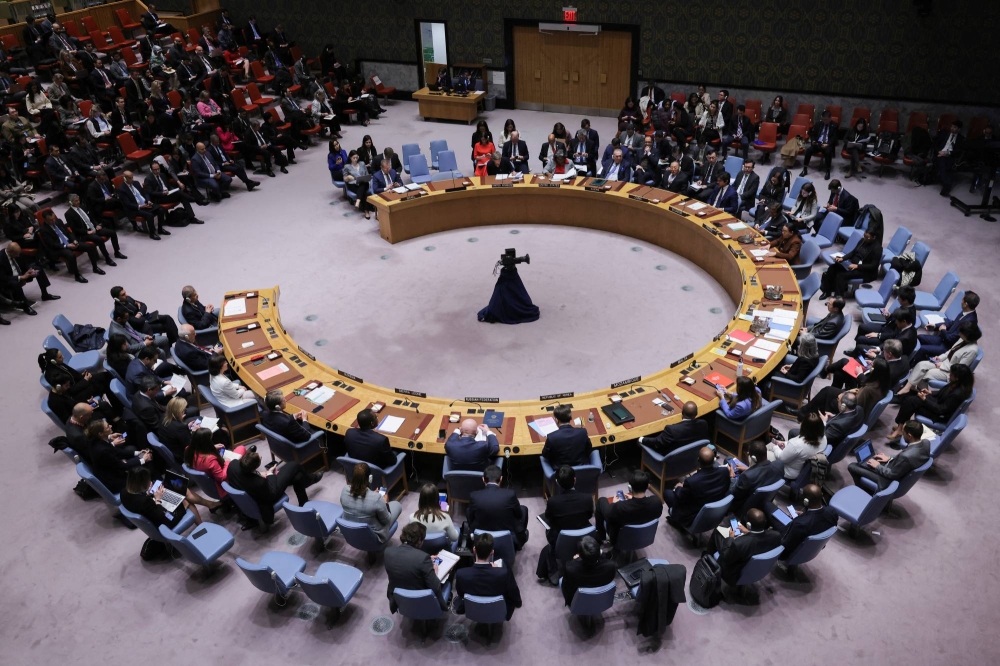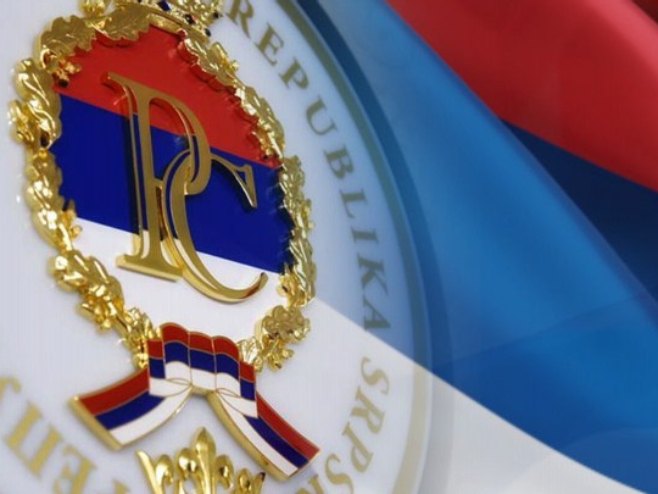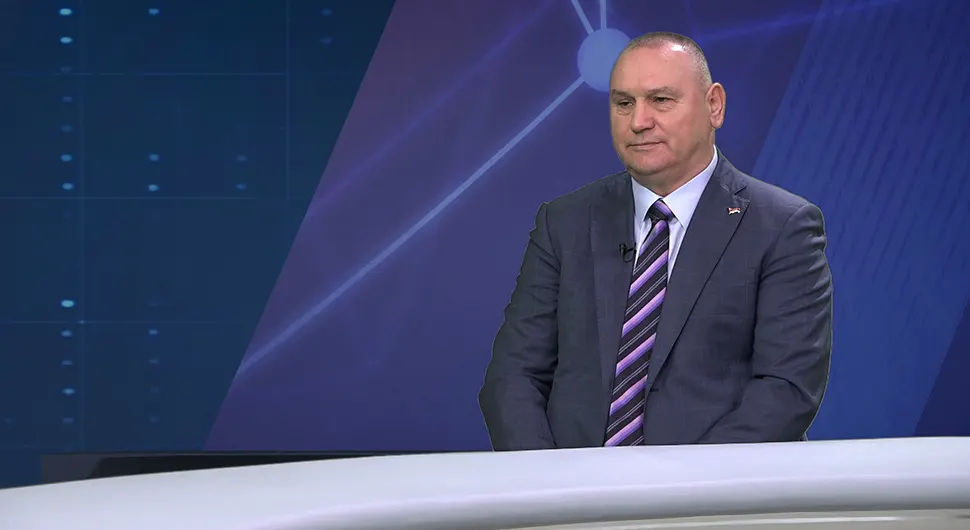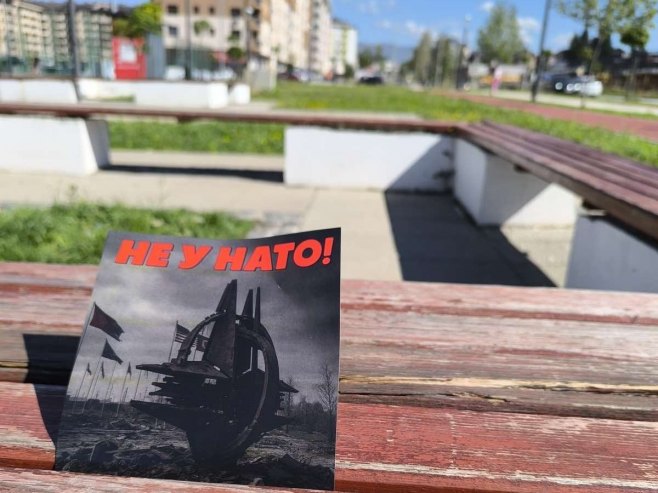The chief negotiator in Bosnia and Herzegovina’s EU accession process should be proposed by Republika Srpska, stated international relations expert Luciano Kaluža.
Kaluža emphasized that this role requires a person with knowledge, competence, political support, and personal authority, reflecting positions that must, above all, align with a consensus within BiH.
“I believe it’s reasonable for the proposal to come from Republika Srpska. Currently, the Ministry of Foreign Affairs is led by a Bosniak, as was the case in the previous term, even though this is a rotational position,” Kaluža noted.
According to him, the accession process is not just about one individual; dozens of experts will participate across various sectors related to negotiation chapters, working on preparation, material development, process coordination, collaboration with relevant institutions, and more.
“This is a comprehensive process, but in the context of the main representative, Republika Srpska should definitely propose or have the most valid name for this role,” Kaluža stated.
He added that he expected this issue to have already been resolved and agreed upon, but it’s clear there are “different tones” between the Federation of BiH and Republika Srpska.
Kaluža believes this will be resolved soon, especially given the complexity of other processes in BiH, the inconsistent positions within the BiH Presidency, and Chairman Denis Bećirović’s recent UN address, which he deemed unreasonable, among other ongoing issues.
Kaluža also noted that the EU’s latest report calls for appointing a political director within the Ministry of Foreign Affairs, responsible for EU relations, and emphasized that this position is crucial in the context of accession.
“There are numerous preparatory steps necessary to complete. Republika Srpska shows readiness and willingness, but, unfortunately, there’s no agreement from the Federation or shared institutions. For some reason, political representatives from the Federation lack the strength and capacity to fully implement agreed-upon processes,” Kaluža concluded.
